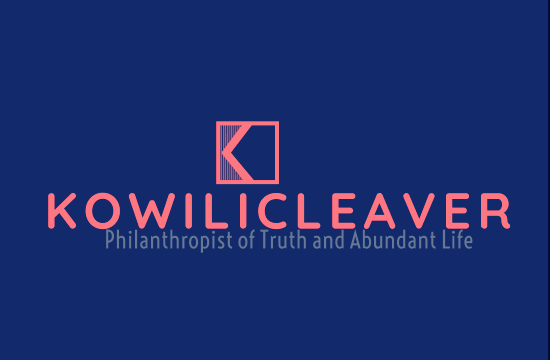“Our lives begin to end the day we become silent about things that matter.” – Martin Luther King Jr.
Over the past few days, a lot has happened in our beloved country of Kenya. I attempt to answer one pertinent question which has repeatedly been tendered on social media spaces, “Why are the Christians silent?”
First things first. I am a human being. I am a Kenyan. I am a Christian who believes in prayers. I wasn’t born a Christian. I was born a Kenyan since nationality is derived at birth while religious affiliations are personal choices borne out of conviction. Before I chose to become a Christian, my identity was that of a human being living in Kenya. After I became a Christian, my identity simply changed to a human being living in Kenya who practices Christianity.
Does it therefore mean that the laws of the land consequently cease to govern me on account of my new identity? Absolutely not! As long as they do not conflict with what the Bible teaches, I’m supposed to submit to them all. However, there’s a caveat: Lawmakers are human hence inherently falliable. They can make mistakes whether ignorantly or purposefully. No wonder the laws of democratic lands grant each person certain freedoms. And there’s one freedom whose import cannot be overemphasized: the freedom of expression.
The constitution grants us the right to voice out our grievances within the confines of the rule of law. Notably, this freedom is not rendered null and void just because one is religious. On the contrary, they are equally free to express their opinions with dignity and rarity of character.
Hence, begs the question: “Why are some Christians voicing out their concerns like the rest of the population while others are worryingly quiet?” Well, as with all other privileges, one is free to exercise their freedom of expression or not. You cannot coerce someone to speak up if they prefer to keep quiet and vice versa. And that’s okay. We live in a free world. But the problem comes in when those whose convictions inform them that silence is golden are uncomfortable with those whose persuasions demand of them not to keep silent at the face of injustice.
Of course, the overarching goal of Christianity is not to achieve social justice in this world. That’s utopic and virtually improbable as long as we all possess human nature. Nevertheless, at the core of Christianity are it’s teachings about the sanctity of life and servant leadership. Hence, when the elite appear hell-bent to oppress the masses through punitive policies and peaceful civilians are shot dead for protesting, speaking out is not only one’s patriotic duty as a Kenyan but also the Christian’s responsibility as sanctioned in the Holy Writ.
After all, wouldn’t it be deemed hypocritical of any Christian to evidence contagious patriotism when our athletes excel in the global front only to quickly go incognito as soon as pertinent matters affecting the future of our country are on the table? Further, how do you even just advocate for prayers when one of the uniformed men is captured on camera chasing away an unarmed civilian in an attempt to batter them in broad daylight or when young people are mysteriously abducted from their houses and held incommunicado for days? Yes, prayers work miracles but such situations demand a rebuking voice to awaken the deluded perpetrators from their illusions.
I respectfully aver that Christianity is not a garb to hide behind so as to justify one’s complacency in the face of evil. My considered opinion is that if your Christianity does not elicit a jot of sympathy for mistreated humanity, consequently demanding of you to sigh and cry, then your religiosity is rightly questionable. My conviction is that speaking up does not necessarily mean that one is choosing a side across the political divide. Rather, it is simply the right thing to do at the most fundamental level of our being i.e. as a human.
After all, any Christian who does so is on the right side of history. Talk of Richard Wurmbrand, the preacher from Romania who stood his ground during the Soviet era and lived to see the fruition of his convictions. Then there’s the great Martin Luther King who was assassinated despite being a vocal preacher and a key figure of the US civil rights movement. And perhaps my favorite, Dietrich Bonhoeffer; the German preacher and scholar who defied Hitler in WW2. He died because of his actions yet today is celebrated as one of the greatest martyrs in Christian history.
In whatever you do, just remember these forceful words by Bonhoeffer: “The ultimate test of a moral society is the kind of world that it leaves to its children.. Silence in the face of evil is itself evil: God will not hold us guiltless. Not to speak is to speak. Not to act is to act.”

There are times when silence is loud, and now is one of them.
LikeLiked by 1 person
The ultimate test of a moral society is the kind of world that it leaves to its children.This powerful.Thank you.
LikeLiked by 1 person
This is great insight!
LikeLike